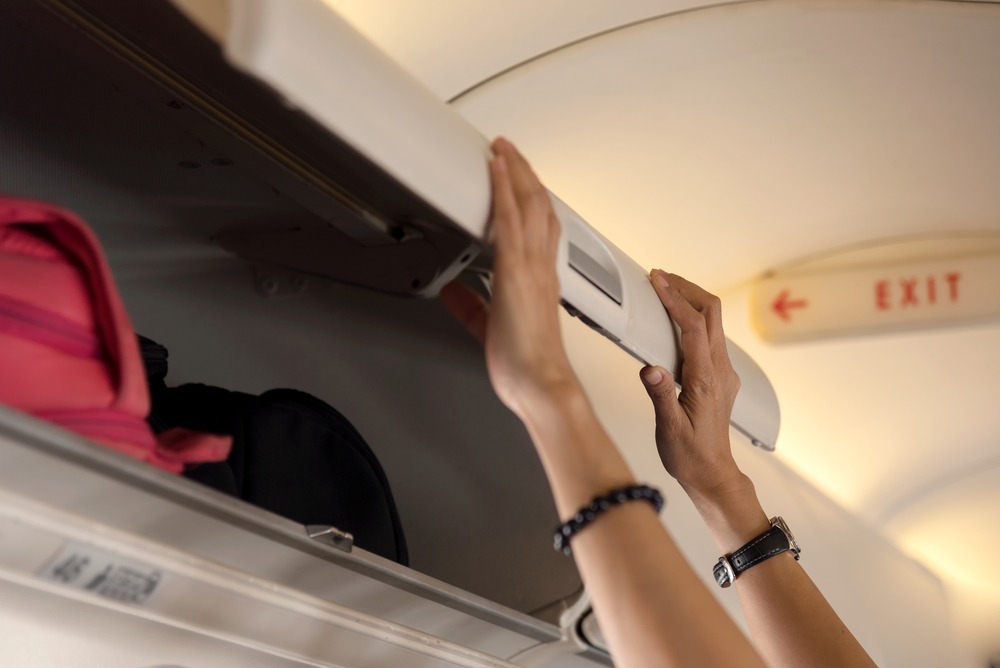
Alaska Airlines announced on Friday that it will only accept smart bags equipped with lithium batteries or lithium battery power banks as carry-on baggage in early 2018, mirroring recent moves by American Airlines and Delta Air Lines.
Lithium-ion batteries in smart bags are used to power electronic locks and global positioning systems, and to recharge other electronic devices. New Federal Aviation Administration (FAA) guidance specifically prohibits spare lithium-ion batteries and external battery packs from being allowed in cargo areas.
The new FAA guidance allows lithium-ion batteries to be included in checked and carry-on baggage if they’re installed in a device that’s protected against accidental activation. Smart bags, however, are classified as external battery packs under the guidance, which makes them prohibited.
“We love innovation and understand why smart bags are so appealing for travel,” Mike Tobin, the manager of dangerous goods at Alaska Airlines, said. “While these restrictions may pose a challenge to some of our guests, there have been no incidents to date with smart bags on airplanes and we want to keep it that way. As this technology continues to evolve, we will work with the industry and our partner airlines to evaluate all safety policies and provide clear guidance regarding the safe use of smart bags.”
Tom Pierucci, CEO and cofounder of smart bag manufacturer Bluesmart, called the latest changes “a huge step back” for travel technology and for streamlining and improving overall travel. He noted that the company’s smart bags are tested and in compliance with requirements of federal agencies and section 38.3 of the United Nations Manual of Tests and Criteria.
“If they are going to ban smart bags, then they should be banning cameras, laptops, and phones being checked in or carried on,” Pierucci said. “All of these have at some point caused issues with exploding batteries, and yet it is smart bags and Bluesmart that (are) getting punished for this.”